
Catalyst for Change - Instructional Coaching
Instructional coaches serve in the role of a catalyst for change when they question the status quo, always seeking to provide the best educational experience for students.
When in this role, the coach walks a delicate balance between initiating a necessary change and planting a seed that allows others to perceive the need to change and to initiate the change on their own without the coach leading or owning the change.
- Joellen Killion and Cindy Harrison; Taking the Lead
The Role of the Catalyst for Change:
In this demanding role of a coach, the coach seeks to influence change for improvement by introducing new ideas, making observations, and questioning current practice. By examining how to be more effective, to move beyond the status quo, and to challenge mental models, coaches promote learning and continuous improvement throughout school.
- Joellen Killion and Cindy Harrison; Taking the Lead
Here are some ways that FCPS Instructional Coaches serve in this role:
- Asking questions, such as “What is/is not working? How do we know?”.
- Inviting teams and teachers to reflect on and examine practice to set goals.
- Supporting teachers in new instructional practices.

School Leader
Instructional coaches serve in the role of a school leader when they share the school vision, align their professional goals with school and district goals, and share responsibility for the school’s overall success.
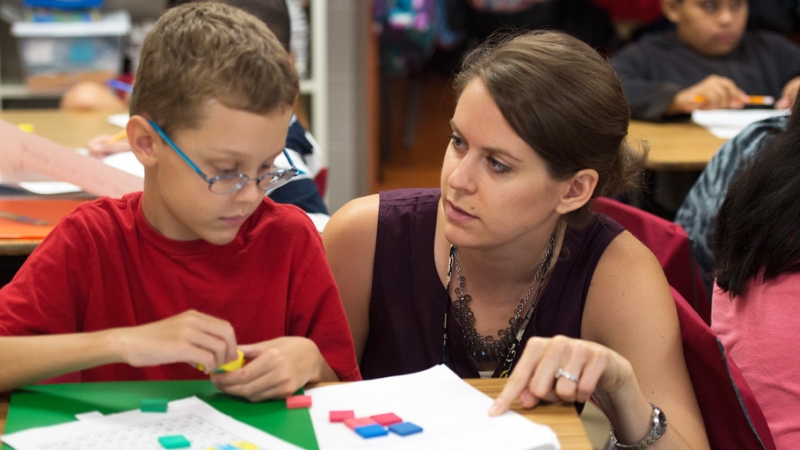
Classroom Supporter
Instructional coaches serve in the role of a classroom supporter when they work inside classrooms to help teachers implement new ideas through demonstration, co-teaching, or observation and feedback.
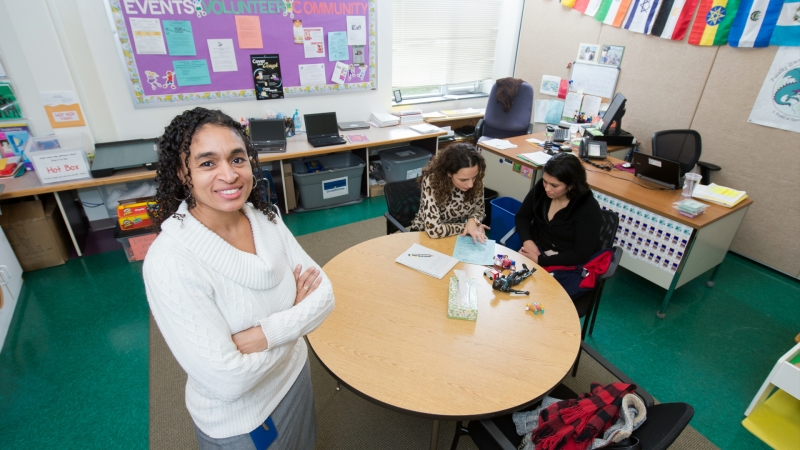
Instructional Specialist
Instructional coaches serve in the role of an instructional specialist when they work with teachers to plan for high-yield instructional strategies to use in the classroom with students.

Curriculum Specialist
Instructional coaches serve in the role of a curriculum specialist when they collaborate with teachers to develop an understanding around their curriculum in order to provide the best instruction to their students.

Learning Facilitator
Instructional coaches serve in the role of learning facilitators when they train teachers in new instructional strategies, facilitate whole school professional development opportunities, and support the work of collaborative learning teams.

Data Coach
Instructional coaches serve in the role of a data coach when they analyze data to make informed instructional decisions to meet the needs of all learners.
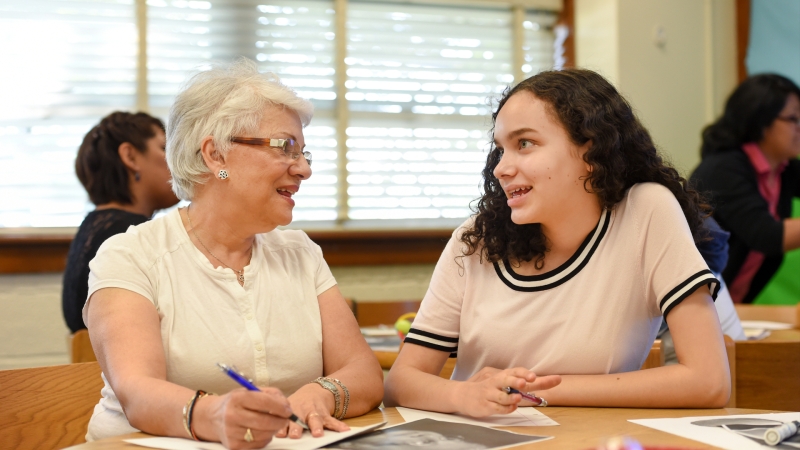
Staff Mentor
Instructional coaches serve in the role of a mentor as they continue to build trusting relationships with the staff in a school to develop partnerships with all stakeholders.
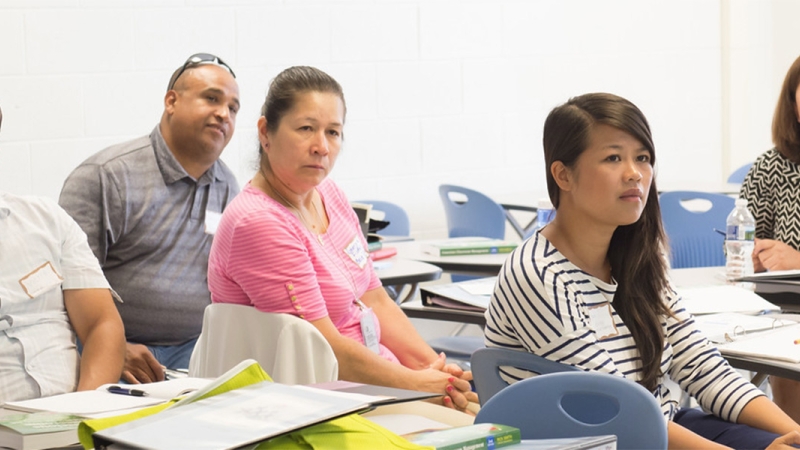
Learner
Instructional coaches serve in the role of a learner who model continual improvement, reflect on their work by seeking and graciously receiving feedback, experimenti with new ideas, and use what they learn to help all teachers and students achieve.
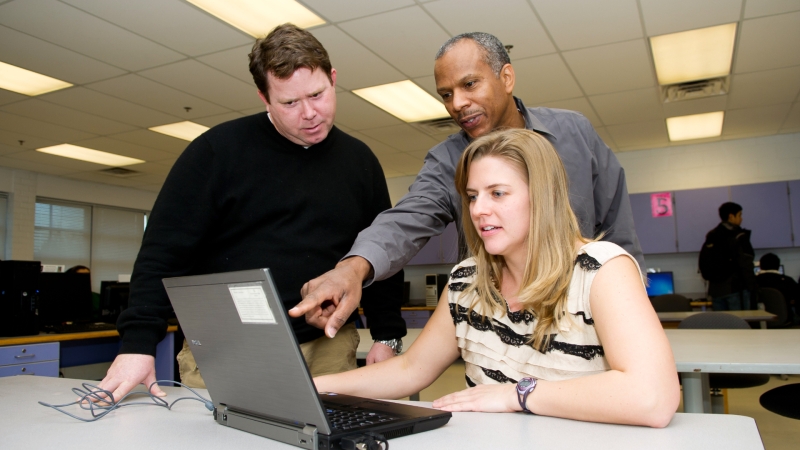
Resource Provider
Instructional coaches serve in the role of a resource provider when they support teachers in developing the knowledge of available resources, such as curriculum and instructional resources.